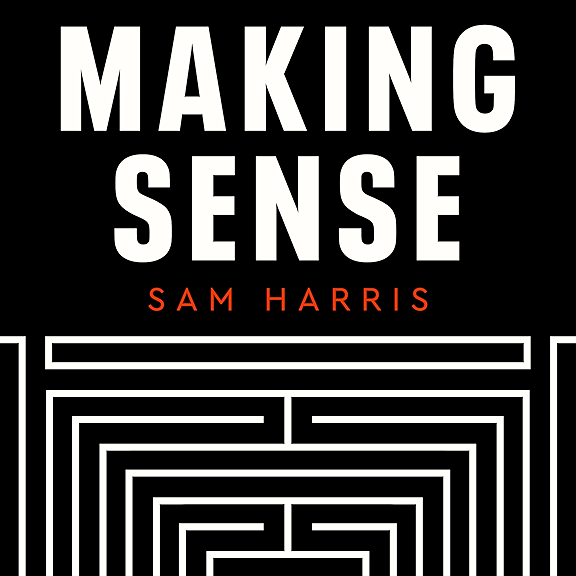
Generations: What Newton taught Einstein
How many astronomers does it take to discover a planet that doesn’t exist? The Answer: Generations.
Depending on where you live, (and a thousand other variables) your life expectancy is probably between 75 and 85 years. Even at the high end, that’s not enough to solve all the world’s problems. That’s why most big questions can only be answered by multiple generations.
We follow the story of a Roman temple that became an British Castle, and then an English jail.
Then we follow the story of Neptune and Vulcan… two planets that were discovered by a dozen people over the course of two hundred years.
Dr Wayne Lautt joins the show to share who his mentors and heroes are.
These science stories from history shed light on the modern research being done on Type 2 Diabetes. Specifically we highlight the work of SciMar as they examine the hormone HISS - Hepatic Insulin Sensitizing Substance - and the effect it has on glucose levels in people who are insulin resistant. www.SciMar.ca




















